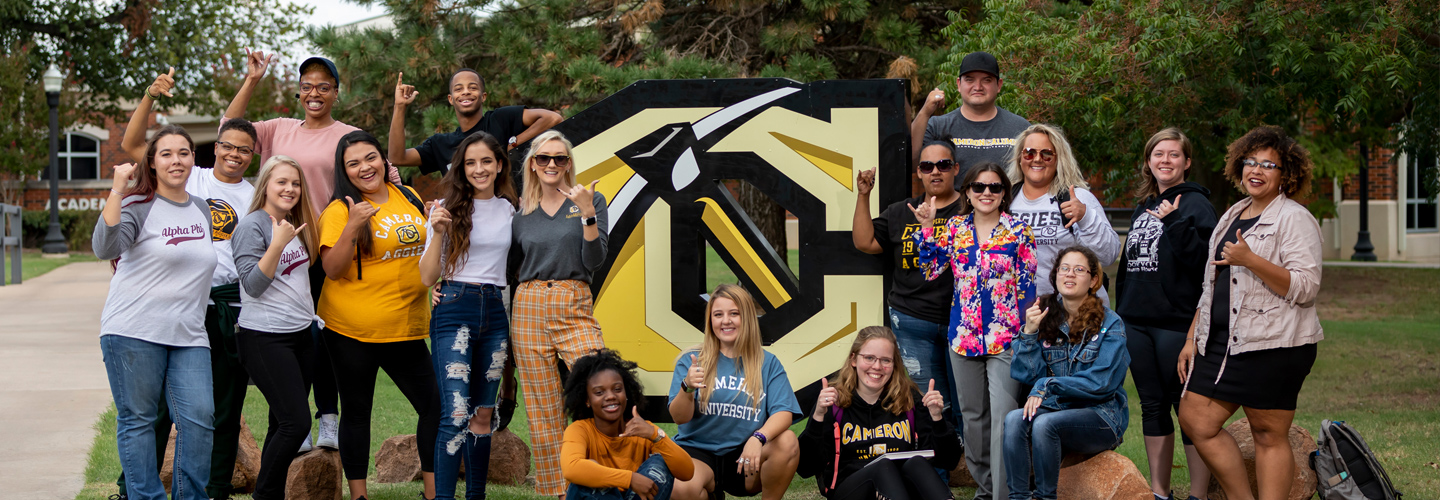Alcohol
Take a moment and think about the other students on our campus? Now, ask yourself these questions: how many students smoke marijuana? Use other drugs? Drink alcohol? Take prescription medication for nonmedical reasons? Interestingly, most college students overestimate the amount of recreational drug and alcohol use on their campus. If you’re wondering why, ask yourself a few questions:
- Who do you hang out with? If you’re hanging out with friends who drink, guess what? You’re only going to see people who are drinking.
- Where do you go? If you mainly hand out at parties, bars, or tailgates, then the majority of students you’ll see will be drinking.
- Where do you get your messages from the media? If your favorites are Old School, The Hangover, and Animal House, then you’re watching movies that reinforce false social norms.
American College Health Association-National College Health Assessment (ACHA-NCHA) Fall 2009 Survey. These findings show the perception of marijuana use among college students nationwide is almost always higher compared to the actual marijuana use. For example, students believed about 11% of their peers had never smoked marijuana, when in reality, nearly 70% of their peers reported never smoking marijuana!
The fact is students who are out late partying often oversleep and miss classes. Someone who is hung over is more likely to sleep in or may be too sick to attend class. People who party several times a week can fall behind on their homework, projects, or papers- causing low GPA and even dropping out of school.
The following statistics show, on average, students who drink the most alcohol receive the lowest grades.
Alcohol is the most widely used and most widely accepted drug known to mankind – past, present, and probably future. It is the Simplest of all the psychoactive drugs, C 2 H 5 OH, (comprised of the most basic elements in nature, carbon, hydrogen and oxygen). It is also known as ethanol, ethyl alcohol, or ETOH.
Alcohol Misuse : Unintentional or inappropriate use of beverage alcohol resulting in the impaired physical, mental, emotional or social well being of the user.
Alcohol Use : A cluster of cognitive, behavioral, and physiological symptoms indicating that the individual continues using the substance despite significant substance-related problems.
Alcohol Intoxication : A clinically significant problematice behavioral or psychological changes associated with intoxication (e.g., belligerence, mood lability, impaired judgment) are attributed to physiological effects of the substance on the central nervous system and develop during or shortly after use of the substance.
Alcohol Withdrawal : Problematic behavioral change, with physiological and cognitive concomitants, that is due to the cessation of or reduction in, heavy and prolonged substance use; causing significant distress or impairment in social, occupational, or other important areas of functioning.
If you are interested in taking a free online screening just click College Response to begin.
How to Get Help
If you or someone you know may be suffering feel free to contact the Student Wellness Center at (580) 581-6725 . Or click Counseling for more information on our counseling program.
Celebrate Recovery (580) 355-5204 www.celebraterecovery.com Roadback (580) 357-8114 Narcotics Anonymous World Services (818) 773-999 www.na.org Al-Anon Family Group Headquarters (888) 425-2666 www.al-anon.org Alcoholics Anonymous World Service (212) 870-3400 National Institute on Alcohol Abuse and Alcoholism (301) 443-3860 www.niaaa.nih.gov Substance Abuse and Mental Health Services Administration (800) 662-HELP www.samhsa.gov www.findtreatment.samhsa.gov
